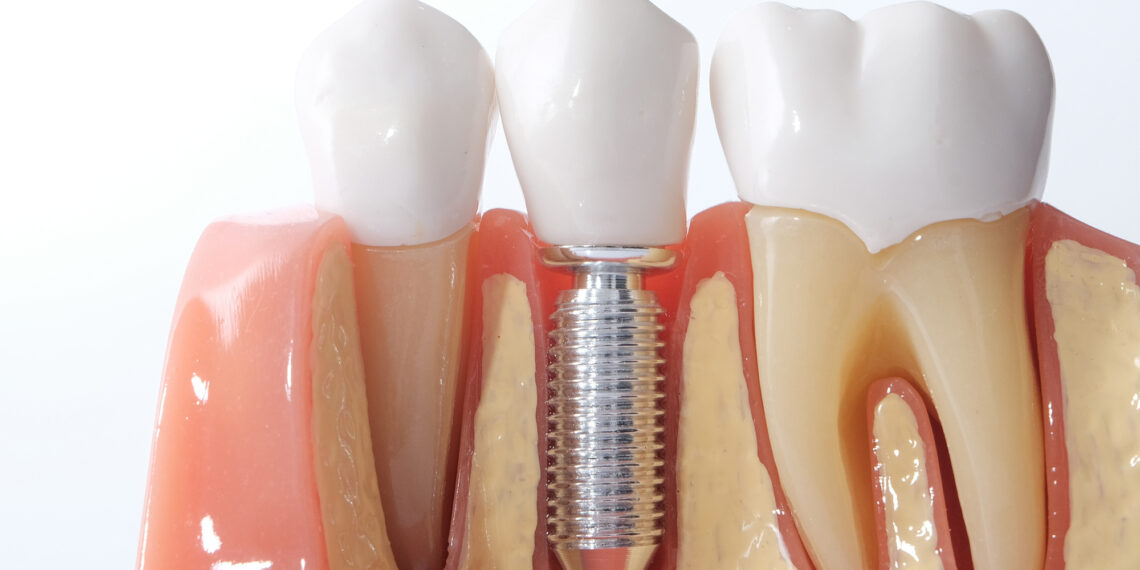If you’re missing teeth, then it can have an impact on your confidence. Not only does it affect your appearance, but it can also affect your speech and the way you eat. The best solution for fixing a smile with missing teeth is by getting a dental implant.
Now, what are dental implants? Today, we’ve brought you a brief yet thorough guide on everything there is to know about dental implants.
Table of Contents
What are Dental Implants?
A dental implant procedure consists of placing a titanium screw directly into your jawbone in the area where your tooth is missing. Once it’s fitted, the bone that surrounds the implant will slowly fuse to it and hold the implant securely in place. Afterward, your dentist will place a fake tooth on top of the implant, resembling your natural teeth, so that your smile can remain authentic.
Who Qualifies for Implants?
Anyone that is healthy enough to go through a dental extraction or oral surgery can easily get a dental implant. However, you should make sure your gums are healthy enough before undergoing this procedure. You must also have a good habit of maintaining good oral hygiene as well as regularly visiting the dentist.
People who are heavy smokers or suffer from a chronic disorder such as heart disease or diabetes should be evaluated before proceeding with anything. Yet, the best thing to do if you’re considering getting dental implants is to speak with your dentist. They’ll know whether or not getting a dental implant is the right solution for you.
How Long Does the Procedure Take?
The length of a dental implant procedure depends on each case. It’s usually a multi-step process that can require several dentist appointments over a period of months. If your dentist has concluded that you’re a good candidate for a dental implant, they’ll schedule an appointment for the implant.
How Long Does Recovery Take?
Once the implant is complete, you’ll need to give your jaw and its surrounding tissues some time to heal. This will take approximately 6-12 weeks. While healing, make sure to stick to your regular dentist appointments so they can supervise the healing process and make sure it’s healing well.
They’ll also be able to keep an eye out for any abnormal bleeding or any signs of infection. Also, your dentist will give you instructions to follow for at-home aftercare. Be sure to follow through with what your dentist tells you.
Don’t Forget to Care for Them
You need to care for your dental implants the way you care for your natural teeth. In other words, you should brush them regularly, floss them, and follow-up with your dentist visits for examination. Just because they’re not your real teeth doesn’t mean they should be overlooked.
If you’ve enjoyed learning about what are dental implants, then keep browsing through our blog to find tons of other useful and informative posts!

